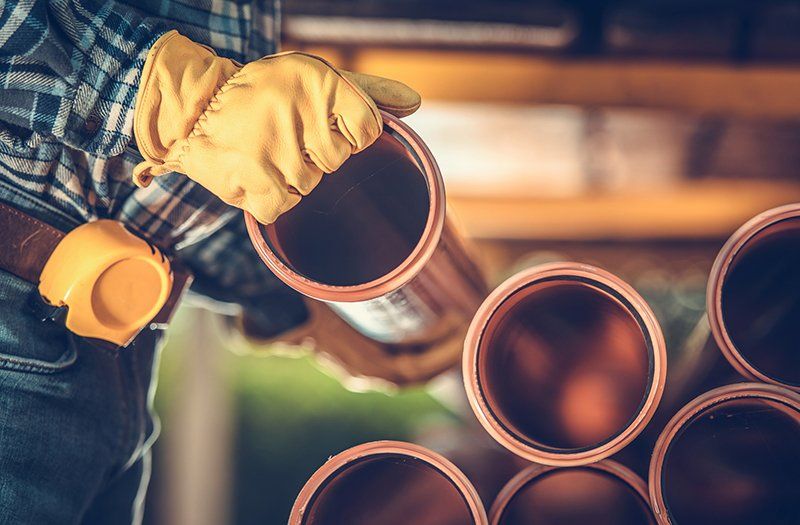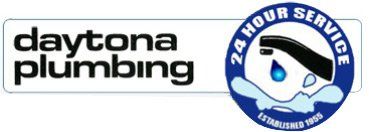How to Extend the Life of Your Pipes
- By Admin
- •
- 03 Jan, 2020

How can you extend the life of your home's pipes? Even though your plumbing won't last forever, with proper care and regular maintenance, you can make this vital system last longer. If you're not sure how to make the most of your pipes' life expectancy, take a look at the top questions to ask right now.
What Kind of Pipes Do You Have?
Before you can try to extend the life of your pipes, you need to know what they're made of. There are different types of pipes, and they all come with somewhat different lifespans. The most common types of residential pipes include:
- PVC pipes. These light polyvinyl chloride pipes are inexpensive and easy to work with. According to the International Association of Certified Home Inspectors (InterNACHI), PVC waste pipes can last for between 50 and 80 years.
- PEX pipes. Cross-linked polyethylene pipes are used as supply lines and are color-coded for hot and cold water. These flexible pipes can last for up to 40 years, according to InterNACHI.
- Copper pipes. Copper pipes are expensive but are durable and can withstand high pressures. According to InterNACHI, these pipes can last from 70 to 100 years.
- Cast-iron pipes. Typically found in older homes, these pipes are strong and can last for half a century, according to InterNACHI.
Along with these popular pipe types, your home may have black ABS pipes. These look like and have a similar lifespan to PVC pipes. Now that you know what type of pipes you have, read on for more information on how to extend your plumbing system's lifespan.
How High Is Your Water Pressure?
The higher the water pressure, the sooner your pipes may wear down. While low pressure can signal a problem, such as clogged pipes, excessively high pressure can result in serious damage. The key is to set your pressure in the mid-range. This gives you enough pressure to shower, wash dishes, wash clothes, and do anything else you need, but it won't cause premature wear.
Overly high pressure can erode pipes from the inside and can damage joints. Normal residential water pressure typically falls between 40 and 80 psi. If you're not sure whether your home's pressure is too high, too low, or just right, contact a plumber for an inspection.
Do Your Pipes Leak?
A tiny drip may not seem like a major deal. But over time something that seems small can turn into major pipe-ending problem. Look for leaks on exposed pipes. These include pipes in open basement and attic spaces, under sinks, or behind the toilet. If you see a drip or rust, contact a professional for a repair or to replacement a segment of the pipe.
Do You Use Chemical Drain Cleaners?
Clogs can irritate and aggravate any homeowner. Even though a backup can cause major plumbing problems, chemical drain cleaners are not the answer to this problem.
While a chemical drain cleaner can do what the name implies and clean the drain, it can also eat away at the pipe's lining. This type of chemical corrosion can cause premature wear and permanent damage to your pipes.
Who Cleans Your Home's Pipes?
If you can't use a chemical drain cleaner, should you leave your clogged pipes as is? Even though chemicals can shorten your pipes' lifespan, failure to respond to a backup can also lead to the need for premature replacement.
Before you pour drain cleaner down your pipes or attempt another DIY method, call a plumber. Professional pipe cleaning will keep the lines clear and may extend the life of your home's plumbing system.
Do you need a plumber to clean or maintain your pipes? Contact Daytona Plumbing for more information.
Contact Us
We will get back to you as soon as possible.
Please try again later.






